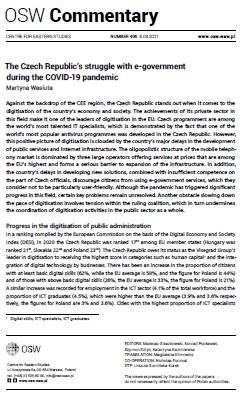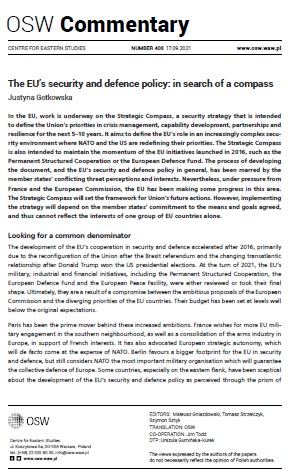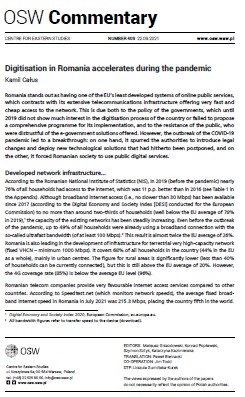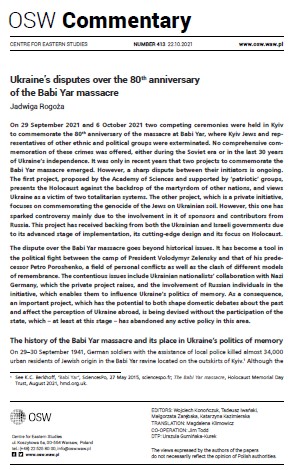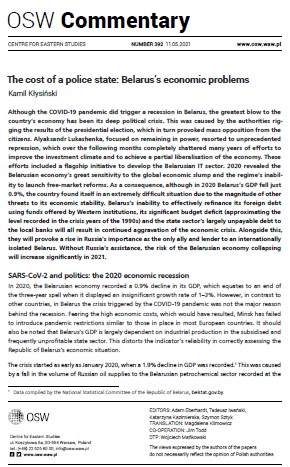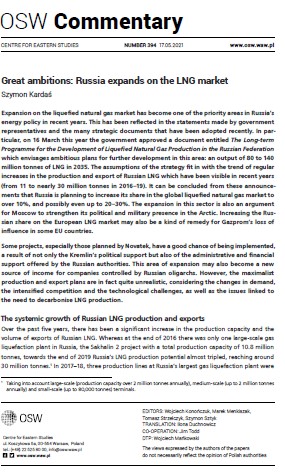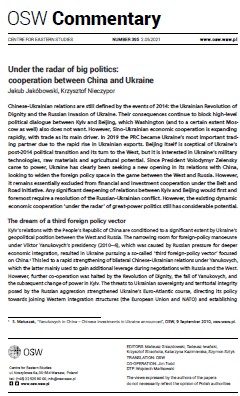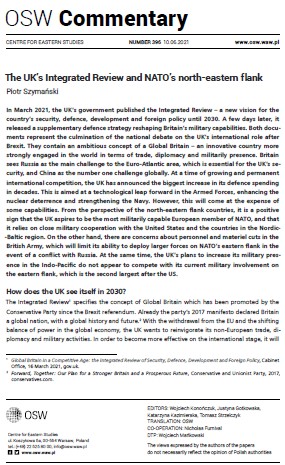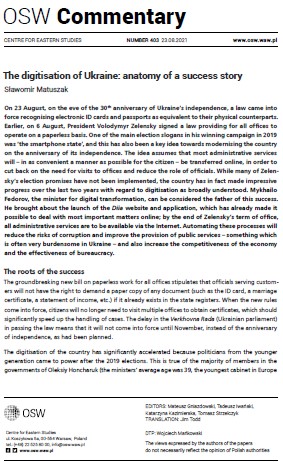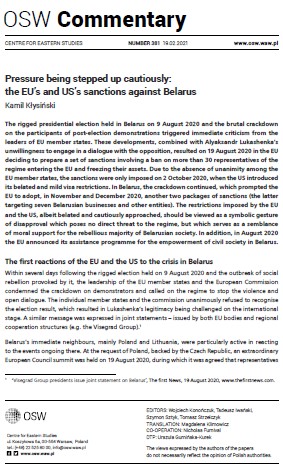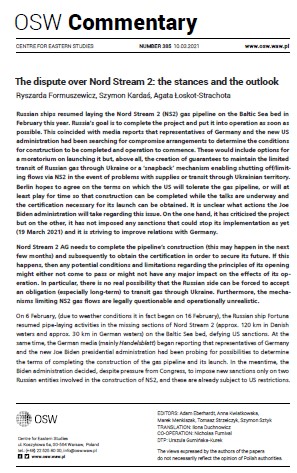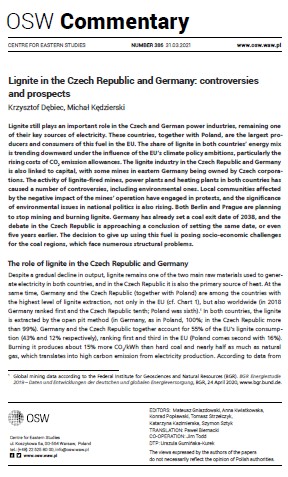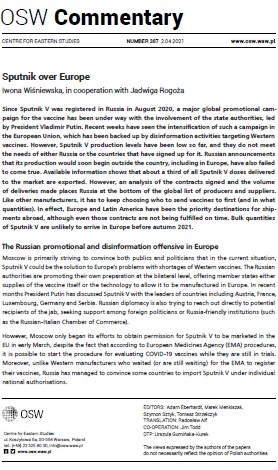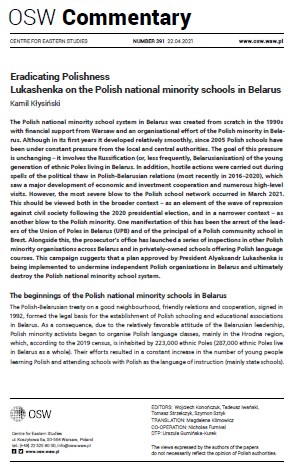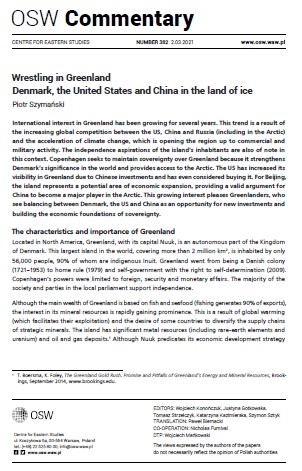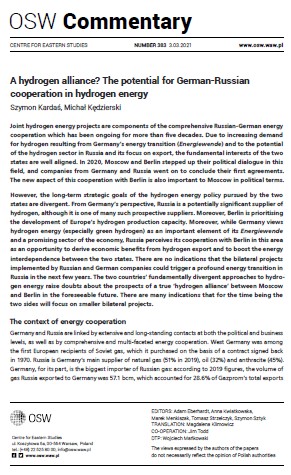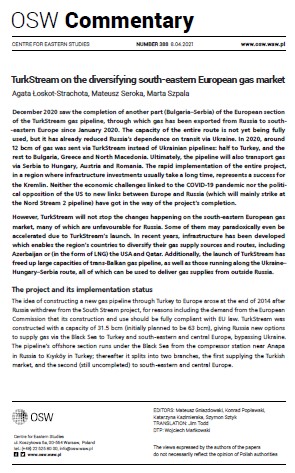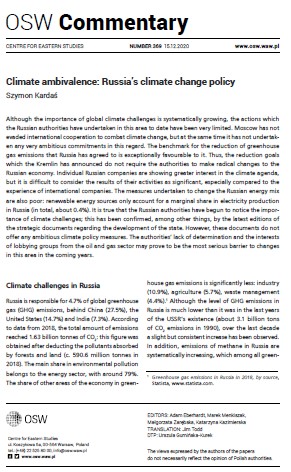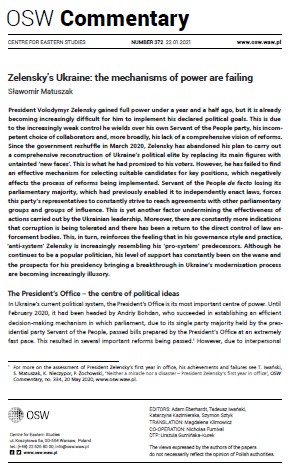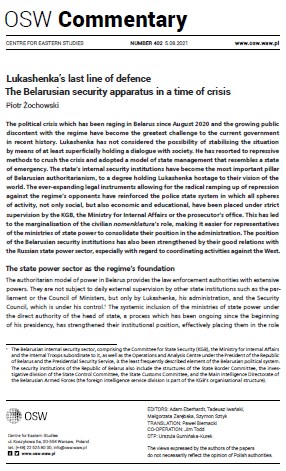
Lukashenka’s last line of defence. The Belarusian security apparatus in a time of crisis
Lukashenka’s last line of defence. The Belarusian security apparatus in a time of crisis
Keywords: Belarusian security; Aleksandr Lukashenko; The authoritarian model of power; Russia; KGB;
The political crisis which has been raging in Belarus since August 2020 and the growing public discontent with the regime have become the greatest challenge to the current government in recent history. Lukashenka has not considered the possibility of stabilising the situation by means of at least superficially holding a dialogue with society. He has resorted to repressive methods to crush the crisis and adopted a model of state management that resembles a state of emergency. The state’s internal security institutions have become the most important pillar of Belarusian authoritarianism, to a degree holding Lukashenka hostage to their vision of the world. The ever-expanding legal instruments allowing for the radical ramping up of repression against the regime’s opponents have reinforced the police state system in which all spheres of activity, not only social, but also economic and educational, have been placed under strict supervision by the KGB, the Ministry for Internal Affairs or the prosecutor’s office. This has led to the marginalisation of the civilian nomenklatura’s role, making it easier for representatives of the ministries of state power to consolidate their position in the administration. The position of the Belarusian security institutions has also been strengthened by their good relations with the Russian state power sector, especially with regard to coordinating activities against the West.
More...
